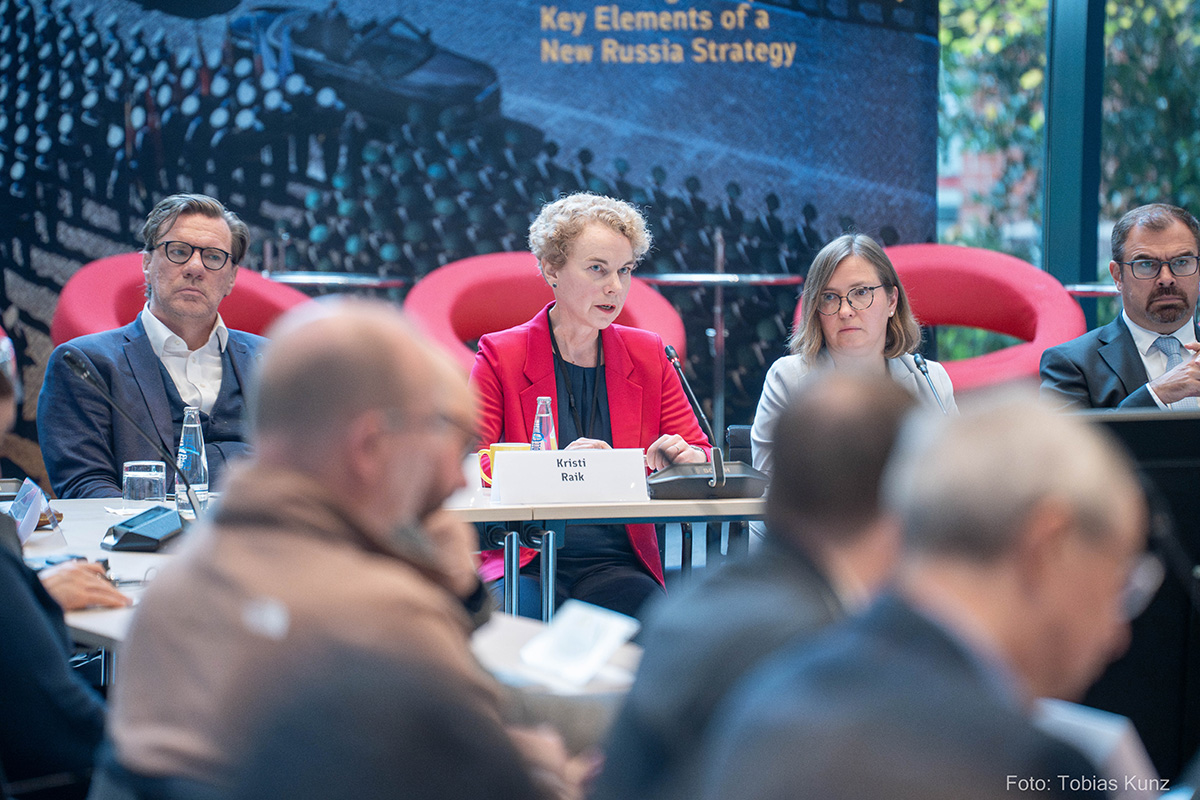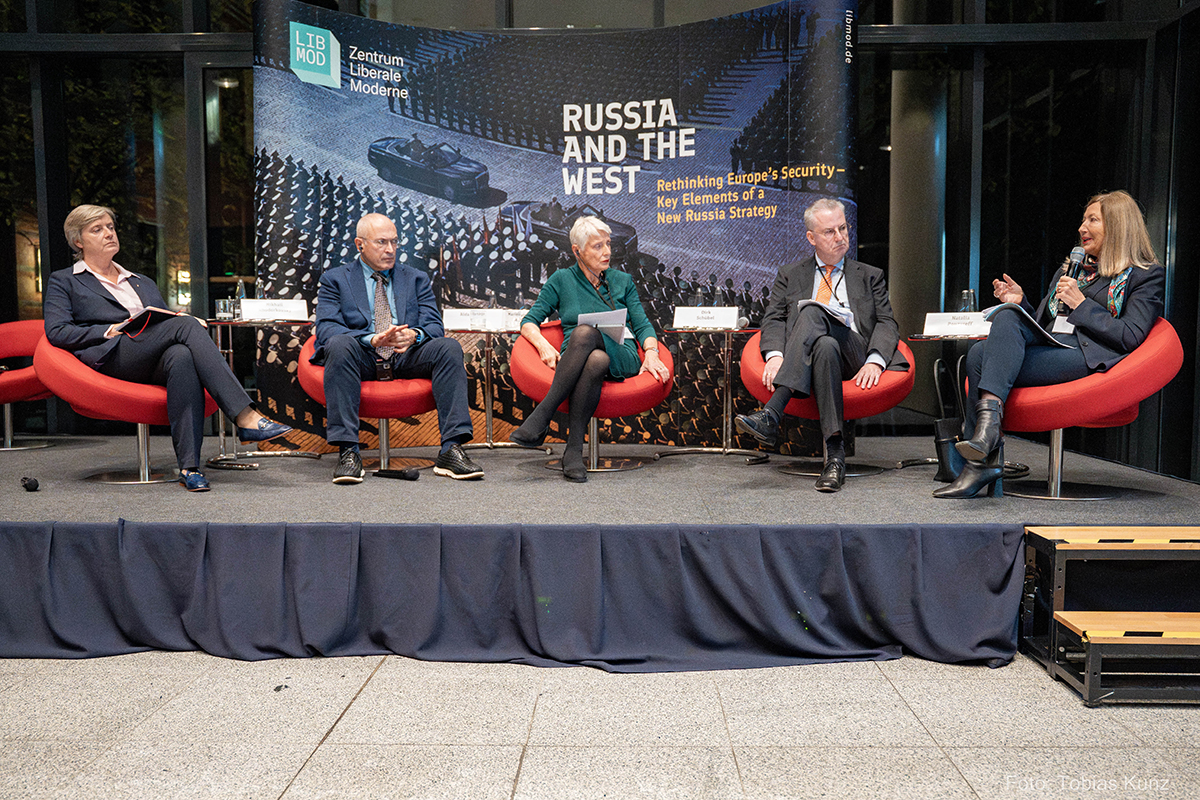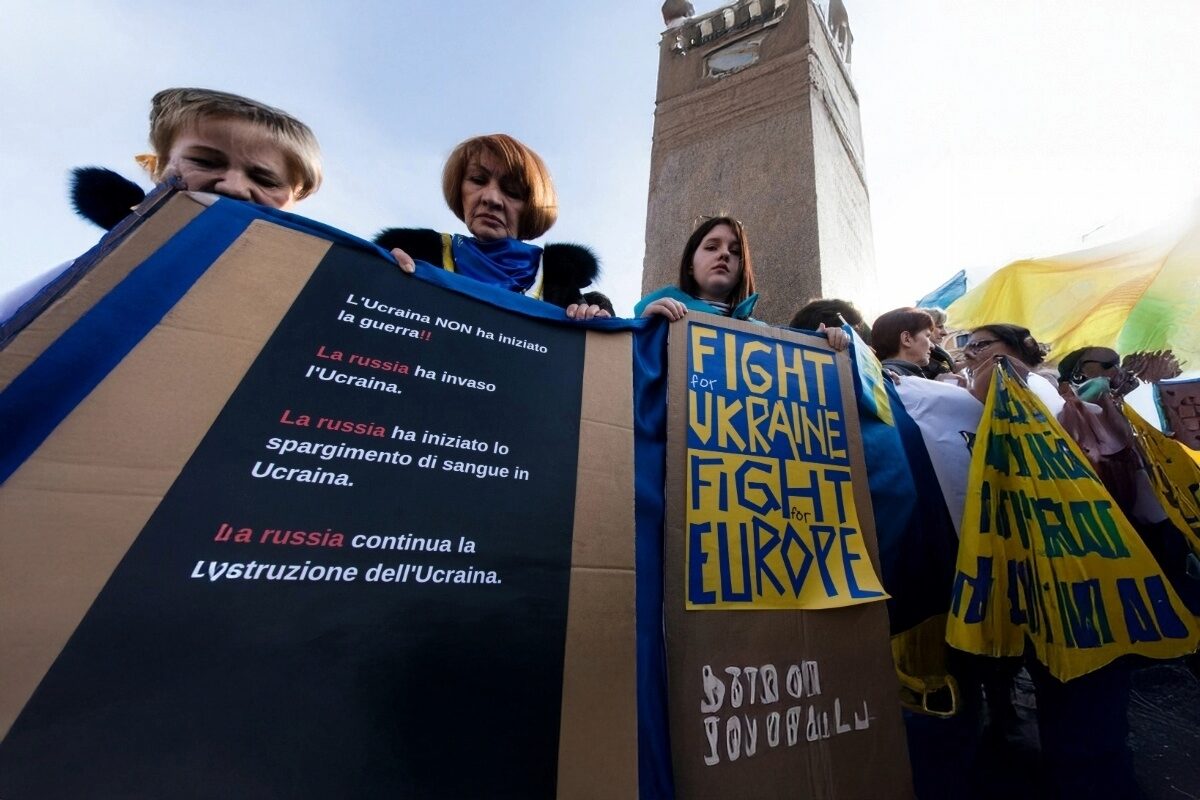International conference: “EU enlargement — a geopolitical necessity and the next steps for the EU candidate states”

On 9 and 10 July, the Center for Liberal Modernity organized the international conference “EU Enlargement — a geopolitical necessity and the next steps for the EU candidate states” with its partner organizations in Tbilisi, Georgia.
The conference provided a platform for cooperation between civil society organizations from the Eastern Partnership and the Western Balkans on EU accession issues. On the common path to EU membership, experiences and success stories were exchanged and joint initiatives developed.
Given Germany’s important role in supporting the EU accession process of the Western Balkan countries, including through the Berlin Process, and its significant contribution to the European integration of the three Eastern European EU candidates (Ukraine, Moldova, Georgia), it was great to have four leading German political foundations on board.
The conference brought together speakers and experts from various fields, including government officials, members of the Bundestag, academics and civil society representatives.
Pavel Herczynski, the EU Ambassador to Georgia spoke on the topic of EU enlargement — “EU member states have recognized that the EU will not be complete without the next major enlargement, which would include several Western Balkan countries. This includes first and foremost Ukraine, Moldova and hopefully Georgia.“
The German Ambassador to Georgia, Peter Fischer, emphasized the role of EU enlargement and described it as a “blessing to those who joined”. Georgia’s “window of opportunity” is not yet closed and he hopes that EU integration can continue — despite the government’s current controversial stance (“foreign agent law”). The parliamentary elections in October will play a decisive role in this.
Marieluise Beck concluded the panel discussion on the second day of the conference with a poignant reflection on the current global challenges: “It really is about freedom. What is happening now is something we didn’t really expect after the two wars of the 20th century. We were so sure that the new century would be something that we would work on together. it’s no longer just about Russia, but about Russia, Iran, North Korea and China, which is keeping a low profile. The bad news is that we don’t have this comfortable century. I am really facing a serious challenge. I never expected to look at my grandchildren and think, “I really don’t know what the future is going to look like.” It’s our responsibility to work on that. So it’s our responsibility to remember that it’s about preserving freedom.“
We would like to thank the Civil Society Foundation and the four political foundations for their wonderful cooperation, as well as the Federal Foreign Office and the Mercator Foundation for their support.

Did you like this article? If yes, you can support the independent editorial work and journalism of LibMod via a simple donation tool.
Donate via PayPal
![]()
We are recognized as a non-profit organization, accordingly donations are tax deductible. For a donation receipt (necessary for an amount over 200 EUR), please send your address data to finanzen@libmod.de
Related topics
order Newsletter
Stay tuned with our regular newsletter about all our relevant subjects.










































